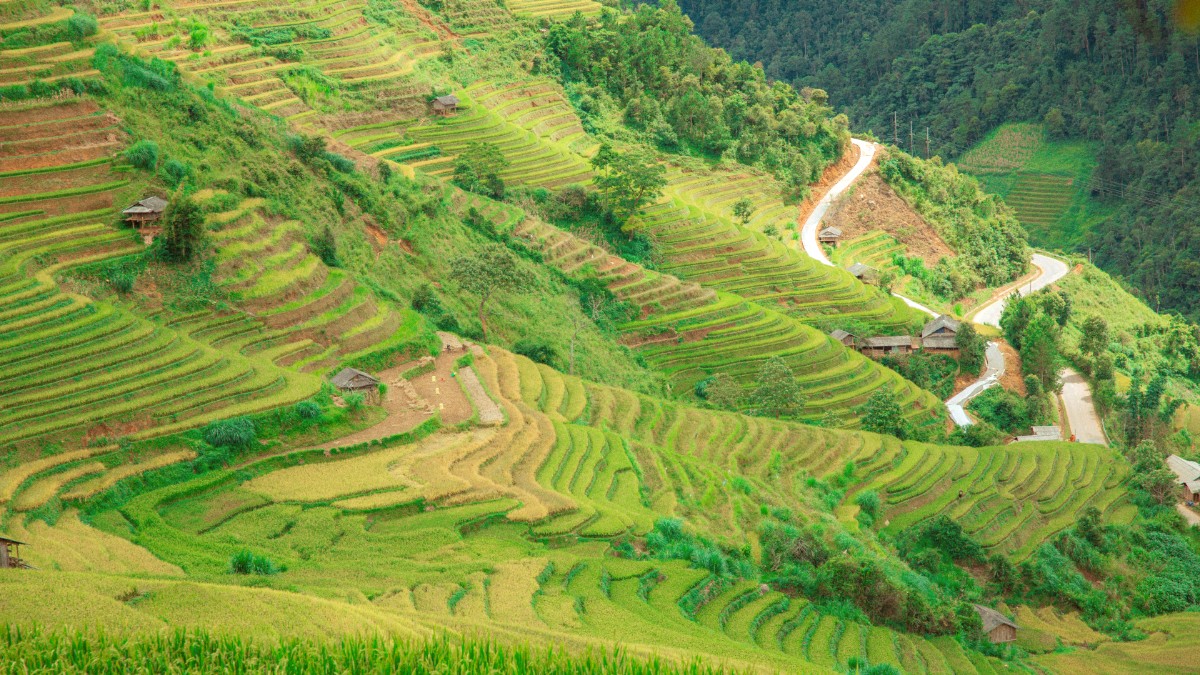
Northwest Vietnam, Vietnam
Sapa is within Hoang Lien National Park, a protected area. Stick to designated trails.
Waste management remains a challenge. Reduce your waste and dispose of it properly.
Water resources can be strained. Use water mindfully during your stay.
Interact respectfully with Sapa's diverse communities.
Homestay programs and community-based tourism initiatives seek to preserve traditional cultures and contribute economic benefits directly to local communities.
Dress modestly, especially when visiting villages. Always seek permission before taking photos of people.
Refer to Section 11.3 for detailed guidance on appropriate photography practices.
Refer to Section 11.3 for specific rules on appropriate behavior at temples and pagodas.
Consider offsetting your travel emissions, including flights.
Carbon Offset with TerrapassLook for places promoting waste reduction and energy efficiency.
Book Eco-Friendly Stays with EcobnbYour travel choices play a role in preserving Sapa's environment and culture. Opt for sustainable options.
Support local economies directly to secure your visit benefits the communities.
Homestays directly benefit local families. Hire guides from ethnic minority communities for fair profit distribution.
Eating at local eateries, using local transport, and staying at locally-owned guesthouses distributes tourist income widely within the community.
Purchase handicrafts directly from artisans in villages or at the market. Look for genuinely handmade products.
Be cautious of scams. Avoid aggressive bargaining. Do not participate in animal exploitation.
Make informed decisions to secure positive contributions.
If contributing, do so through established schools, health clinics, or reputable NGOs rather than directly to individuals.
Engaging responsibly with local communities enriches your travel and leaves a positive legacy.